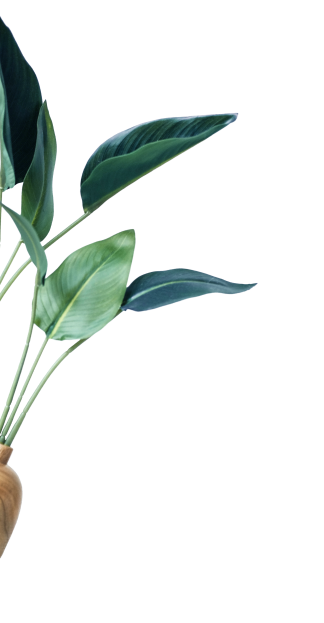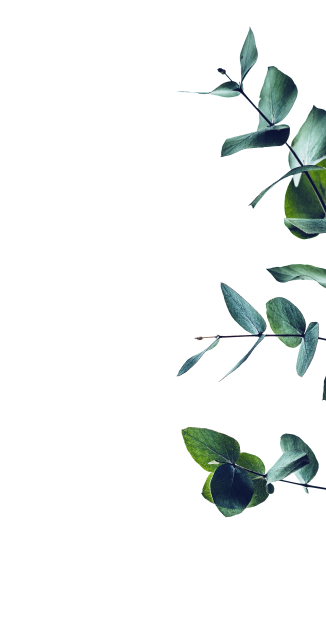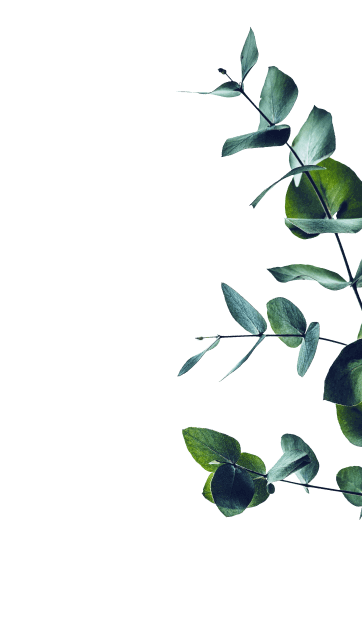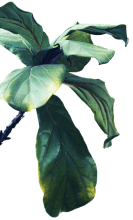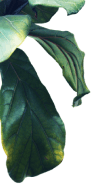Whoever said being a writer is a marathon and not a sprint was right.
I was sixteen when I started posting on Wattpad. To set the scene: the Twilight movies were still coming out, everyone at my high school was reading The Hunger Games, and One Direction had just released their first album. It was a good time to be a teenage girl with an internet connection and a big imagination.
My first full-length novel, Float, was a product of its cultural moment: a coming-of-age YA romance with a “bad boy” love interest and the summertime vibes of Sarah Dessen and Jenny Han. At sixteen, I didn’t fully understand “writing to market.” I just knew, as many young writers do, that I wanted to write the kind of book I liked reading—and, luckily for me, Wattpad had a thriving audience of readers who also liked what I liked.
By the time I graduated high school, Float had millions of reads and I had tens of thousands of followers.
I owe much of my early success to a combination of instinct and luck. YA was in the middle of a boom, and Wattpad was a thriving epicenter of young and fan-created work thanks to its low barrier to entry and unique social features—the forums, the Hot List, and the Watty Awards. Having an audience that young (and before we kicked off the discourse about what it means to be a content creator) was trial by fire, but it was good for me: I became more confident, got better at picking out the feedback I should listen to, and learned how to write for an audience.
Float had almost immediate success on Wattpad—but it wasn’t until 2019, roughly eight years after I started, that I finished writing the first draft.
I can blame a lot of factors for this delay. First, my age. I became a (practically full-time) content creator before I was legally allowed to vote. I wasn’t the most responsible or reliable worker. Second, Float was my first crack at a full-length project. While I’m proud of my younger self’s storytelling instincts (she totally understood the importance of a good inciting incident), I was still developing my skills—and the more aware of my shortcomings I became, the harder it was to share my work with a rabid audience demanding more the minute I dropped every new chapter.
I finally finished writing Float in 2019—after I’d graduated college with a creative writing degree (which FYI, you don’t need to become a published author) and stumbled my way through a few copywriting jobs. With newfound I’m-an-adult-now confidence and the reminder of just how much I loved writing (and sharing my work), I started posting a brand new book: a New Adult genre-bender about a college journalist who uncovers a scandal involving the head coach of her school’s football team.
Again, I have to emphasize just how important good timing is in this industry—because I started writing my second book right as Wattpad decided to launch a publishing house.
I signed over the rights to my second book without an agent and without expectations of anything life-changing (aside from the added load of editing a novel on top of my full-time job, which is a Herculean feat many published authors deserve awards for). It was months later that another opportunity popped up: a production company contacted Wattpad about the rights to my first book, Float. My book baby. My first child. I knew most things optioned for film are never made, so again, I kept my expectations low. It probably won’t happen, I told myself, but at least you get to say Robbie Amell knows you exist.
Well. It happened.
Float has now been traditionally published by Wattpad Books, made into a webcomic on WEBTOON, and adapted as a feature film (watch the trailer here).
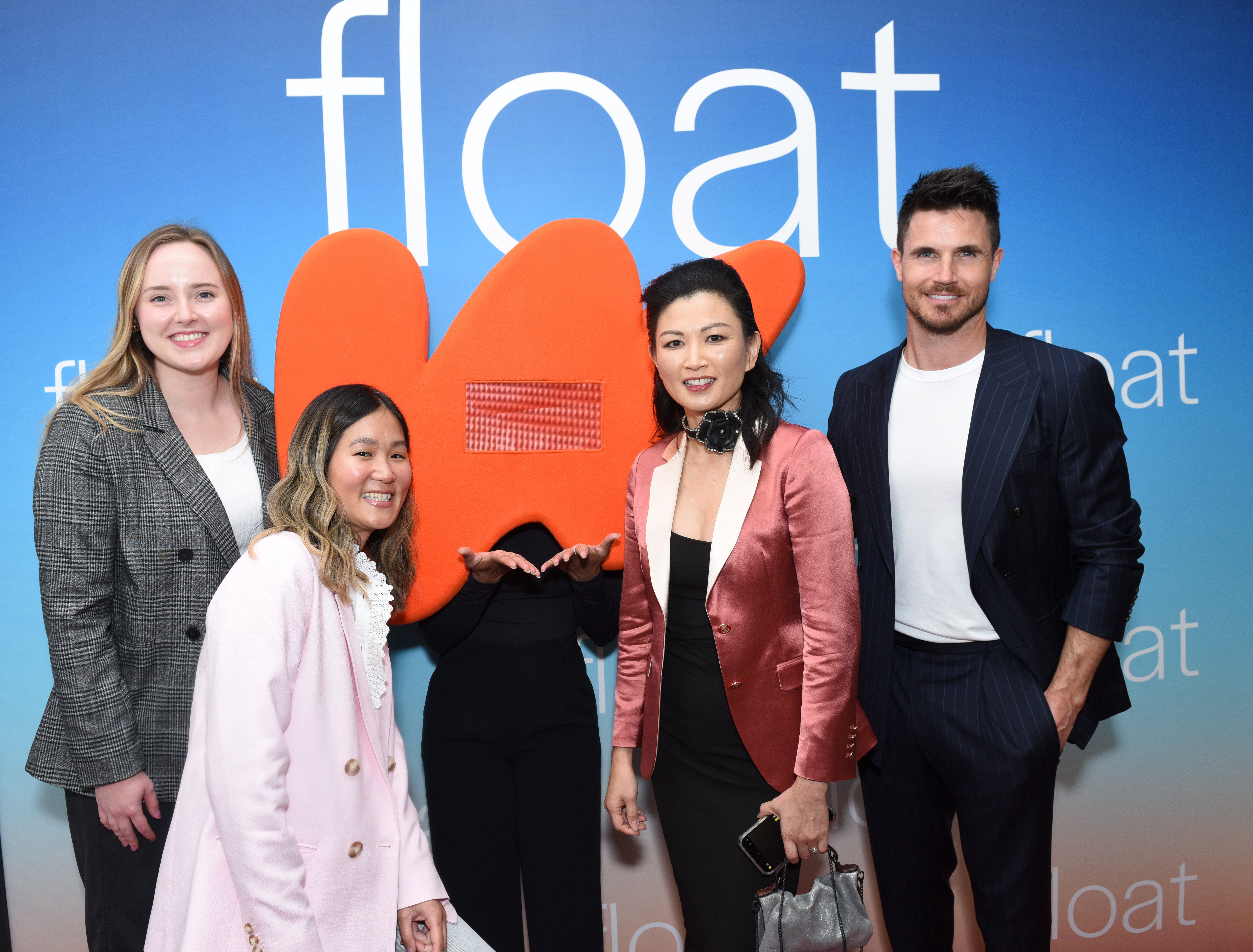
I often joke that I’ve learned more in the last few years than I learned while getting my degree. Creative industries are opaque and prone to change, which means sometimes you’re carving out entirely new paths and stumbling the whole way, and sometimes you find a well-trodden path and think, Has this been here this whole time?
Editing Float for publication was a lesson in self-acceptance, reclaiming my girlhood, and falling back in love with writing romance. Watching Float become a webcomic and film has been another gift entirely. It’s both humbling and inspiring to watch people adapt your work. Humbling because you realize how little you know when you watch talented artists take your work and make it their own in their medium, and inspiring because you realize that the awe is mutual. When you make art, what feels like a lot of chaotic experimentation to you often looks like magic to other people. They don’t see the mistakes, the mess. They just see the result.
It’s been over a decade since I started posting on Wattpad, but I’m very much at the beginning of my career.
I’m now agented and writing Romance full-time under a new pen name, though I still routinely visit the YA section in bookstores for that hit of nostalgia (and to see if they carry my books). All the years I spent writing on Wattpad were years I spent developing my craft, figuring out my voice, and learning the essentials of the business: how to write what people want to read, how to pitch and market your books to an audience, and how to find writers you can trust (to give you feedback, to let you vent privately, and to report back on any opportunities or experiments so you don’t waste your resources on dead ends).
I simultaneously feel like a seasoned veteran of the industry and a wobbly-legged newborn. I don’t think you ever stop learning when you’re an artist—writing truly is a marathon, and each of us will run a different race. It’s helpful to have authors whose footsteps you want to follow, but not everyone starts from the same place or moves at the same pace, and sometimes old paths crumble and new paths pop up elsewhere.
Here are the lessons I think are pretty universal, though:
- Your books don’t have to be perfect; they just need to be done.
- Celebrate other people’s wins. It’ll make it easier to celebrate your own.
- Publishing is a business. Don’t take it personally—but do take it seriously.
- Choosing what’s easiest or most comfortable isn’t always best in the long term. Keep your eyes open, be brave, and embrace the growing pains.
- Get a group chat. The buddy system will save you.
